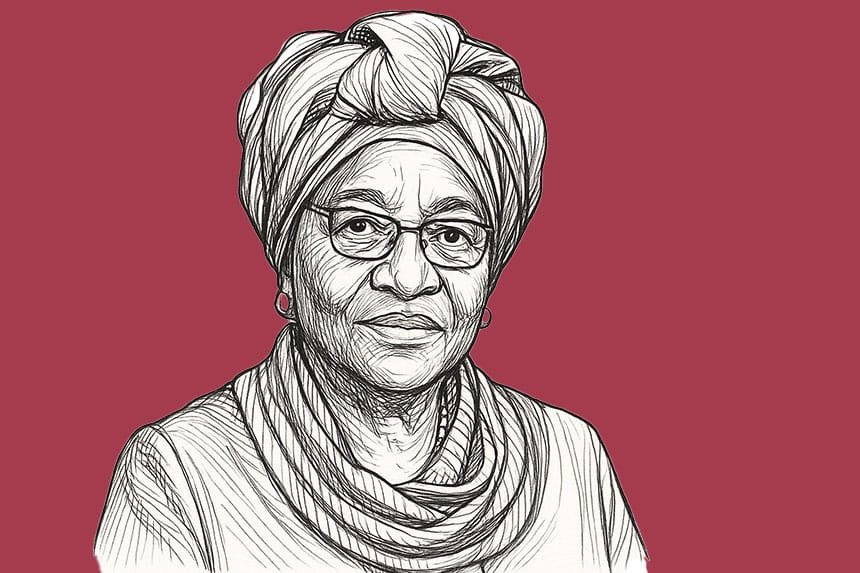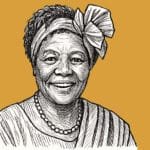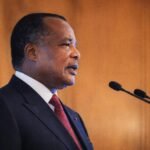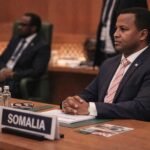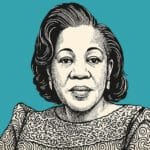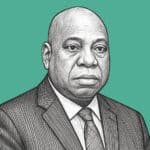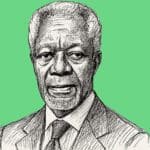Early Life and Education
Sirleaf was born into a politically active family and pursued higher education in economics and public administration, earning degrees from the College of West Africa, Madison Business College in the United States, and a Master of Public Administration from Harvard University’s Kennedy School of Government. Her academic background laid a strong foundation for a career that would span finance, politics, and international development.
Career Before the Presidency
Before ascending to the presidency, Sirleaf held several prominent positions. She served as Liberia’s Minister of Finance in the 1970s under President William Tolbert but resigned due to policy disagreements. Her career later took her to the international stage, including roles at the World Bank, Citibank, and as a senior official at the United Nations Development Programme (UNDP). These experiences sharpened her diplomatic acumen and economic expertise, key pillars of her later leadership.
Presidential Achievements
Elected in 2005 after Liberia’s devastating civil wars, Ellen Johnson Sirleaf inherited a country in ruins. Her presidency was marked by efforts to restore basic services, revive the economy, and rebuild trust in public institutions. Among her domestic achievements:
- Debt relief diplomacy: She successfully led negotiations for over $4.6 billion in debt forgiveness under the Heavily Indebted Poor Countries (HIPC) Initiative.
- Institutional reform: Sirleaf championed transparency, strengthened public financial management, and reformed civil service practices.
- Education and health: Her administration expanded access to education and healthcare, crucial for Liberia’s long-term recovery.
Diplomatic Impact
Sirleaf’s tenure was especially notable for its diplomatic achievements. She repositioned Liberia as a respected member of the international community after decades of isolation:
- Restoring multilateral trust: Under her leadership, Liberia regained membership in major international organisations, including full engagement with the African Union (AU), the Economic Community of West African States (ECOWAS), and the United Nations.
- Regional diplomacy: She was instrumental in mediating regional disputes and strengthening West African unity. Her leadership within ECOWAS was crucial during several crises, including the 2016 political impasse in The Gambia, where she supported peaceful democratic transition.
- Global partnerships: Sirleaf cultivated strong bilateral relationships with the United States, China, the European Union, and international development agencies, attracting critical aid and investment.
- Gender diplomacy: As a global advocate for women’s rights, she led diplomatic efforts that championed gender equality in international development and governance. Her work with UN Women and the African Women Leaders Network amplified the voices of women in diplomacy.
International Recognition
Ellen Johnson Sirleaf’s accomplishments earned her global acclaim. In 2011, she was awarded the Nobel Peace Prize, along with Leymah Gbowee and Tawakkol Karman, for their non-violent struggle for the safety of women and for women’s rights to full participation in peacebuilding.
Other notable accolades include the Ibrahim Prize for Achievement in African Leadership (2017), which she received for her demonstrated excellence in democratic governance, and honorary doctorates from prestigious institutions including Harvard, Yale, and Oxford.
Post-Presidency
Since leaving office in 2018, Sirleaf has continued to play a prominent diplomatic role. She founded the Ellen Johnson Sirleaf Presidential Center for Women and Development, aimed at empowering a new generation of African female leaders. She also served as co-chair of the Independent Panel for Pandemic Preparedness and Response (IPPR), advocating for stronger international health diplomacy during the COVID-19 pandemic.
Legacy
Ellen Johnson Sirleaf’s legacy is that of a visionary leader and master diplomat who turned Liberia from a war-torn nation into a beacon of democratic resilience and reform. Her presidency remains a benchmark for post-conflict reconstruction and the power of diplomacy to rebuild nations and foster regional cooperation. As Africa and the world continue to grapple with global challenges, her example endures as a reminder of the impact principled, courageous, and internationally engaged leadership can have.
